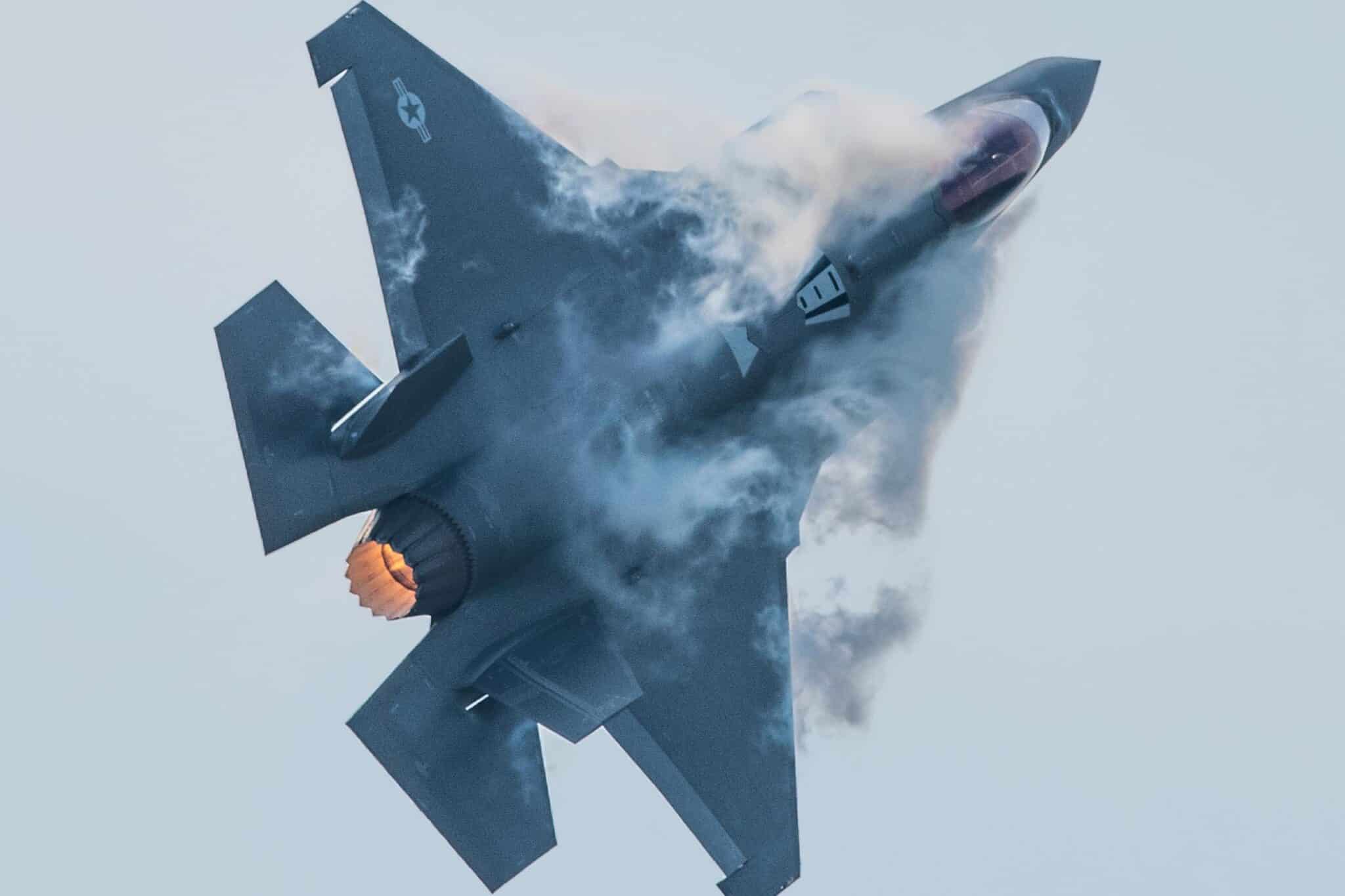Although we are five full months (and counting) into fiscal year 2017, late last week the House Appropriations Committee finally released a new version of its defense spending bill.
The bill packs a fiscal punch – overall Pentagon spending is set at $583.7 billion, exactly $1 billion more than President Barack Obama requested.
Of that total, $516.1 billion is in the “base” budget and $61.8 billion is in the separate war fund called the Overseas Contingency Operations account. Those of you doing the math in your head have already noted those two numbers don’t add up to the overall total. Congratulations; you may have a future working here at Taxpayers for Common Sense (where we actually read the bill so you don’t have to).
In fact, an additional $5.8 billion in war funding is also in a supplemental provision amending the existing continuing resolution funding the Pentagon through the end of April.
With a spending bill, the story should be about the numbers, not a bunch of policy provisions. This is especially the case with the Pentagon, since it is about the only federal agency to have an “authorizing” bill setting policy signed into law every year. But this is Washington and everybody wants get their pet issue included as it pertains to the massive Pentagon bureaucracy. That means every Pentagon spending bill includes limitations on how the money can and cannot be spent.
Some of these limitations have been in the bills for years. For instance a requirement that the military only buy domestic coal in Pennsylvania for heating military bases in Germany was in the Pentagon spending bill for decades. Happily, the hard work of Reps. Jared Huffman, D-Calif., and Tom McClintock, R-Calif., over the last two years seems to have taken hold and the requirement is not in this latest bill.
Subscribe to our Weekly Wastebasket to see how we’re tracking your tax dollars!
However, the Appropriations Committee continues to exert control over policy issues in the following ways:
Section 8040 prohibits any federal funds (not just those appropriated in this bill) from being used to “consolidate or relocate any element of a United States Air Force Rapid Engineer Deployable Heavy Operational Repair Squadron Engineer (RED HORSE) outside of the United States” unless the secretary of the Air Force jumps through multiple hoops. (I’ll rise above making the obvious joke that this makes the secretary a “show pony” when it comes to Red Horse.)
Likewise, Section 8049 states that none of the funds appropriated in the Pentagon bill may be used to “retire, divest, realign, or transfer RQ–4B Global Hawk aircraft, or to disestablish or convert units associated with such aircraft.”
Next up, Section 8079 says none of the funds in this bill can be spent to “reduce or disestablish the operation of the 53rd Weather Reconnaissance Squadron of the Air Force Reserve.” The provision goes on to helpfully add that the Air Force, “shall allow the 53rd Weather Reconnaissance Squadron to perform other missions in support of national defense requirements during the non-hurricane season.” Not surprisingly the “Hurricane Hunter” squadron is based at Keesler Air Force base in the district of Appropriations Committee Member Steven Palazzo, R-Miss.
Not to be outdone, Appropriations Committee Chairman Rodney Frelinghuysen, R-N.J., protects New Jersey. Section 8086 prohibits any of the funds in the bill being spent, “to eliminate, restructure, or realign Army Contracting Command–New Jersey or make disproportionate personnel reductions at any Army Contracting Command–New Jersey sites without 30-day prior notification to the congressional defense committees.”
And the secretary of defense shouldn’t harbor any illusions that he is actually in charge of the size and shape of his weapons stockpile because Section 8108 prohibits funds from being used to “reduce or to prepare to reduce the number of deployed and non-deployed strategic delivery vehicles and launchers below the levels set forth in the report submitted to Congress in accordance with section 1042 of the National Defense Authorization Act for Fiscal Year 2012.”
Sections 8116, 8120, and 8121 also prevent the secretary of defense (or anyone else in the Pentagon) from divesting, retiring or preparing to divest of retire any of the following aircraft: the A-10, the KC-10, or the EC-1310H.
Although these issues seem pretty diverse, I believe one common thread pulls them all together: fear of base closure. Unfortunately, the Congress has elected to use Pentagon spending as a jobs program. Instead of setting a strategy and then deciding the budget and infrastructure necessary to execute it, Congress wants to maintain as much of the status quo as possible. If a base loses a mission or a command headquarters it becomes far more vulnerable to base closure.
As further evidence of this fear, I point to Section 8123: “None of the funds made available by this Act may be used to propose, plan for, or execute a new or additional Base Realignment and Closure (BRAC) round.”
Enough said.













Get Social